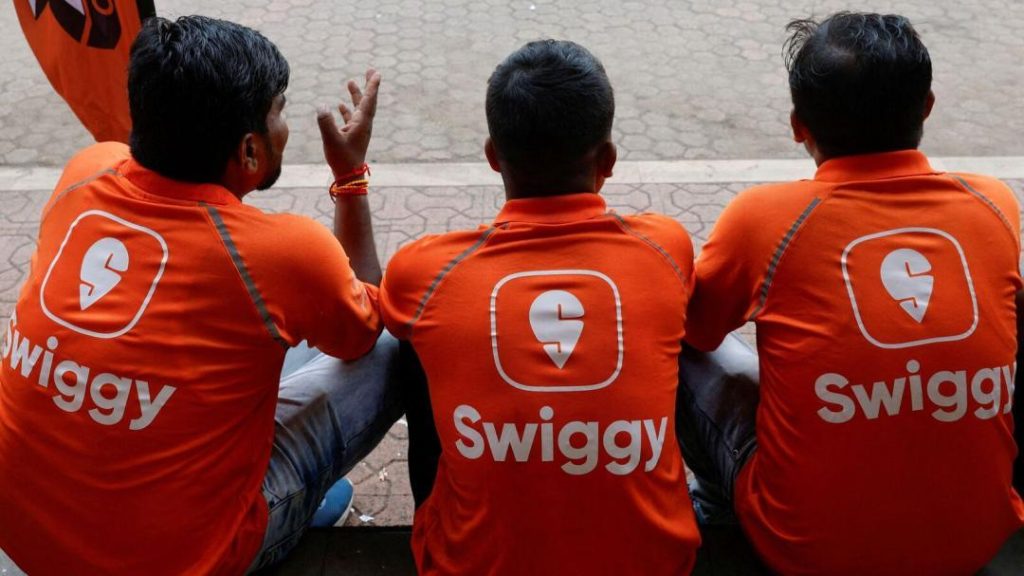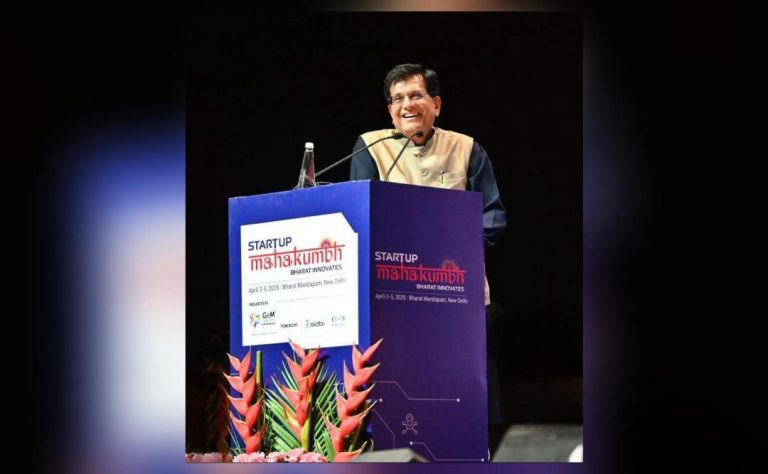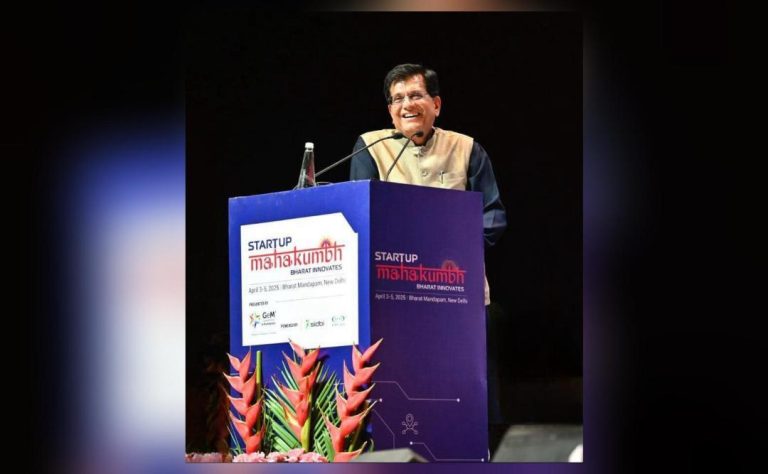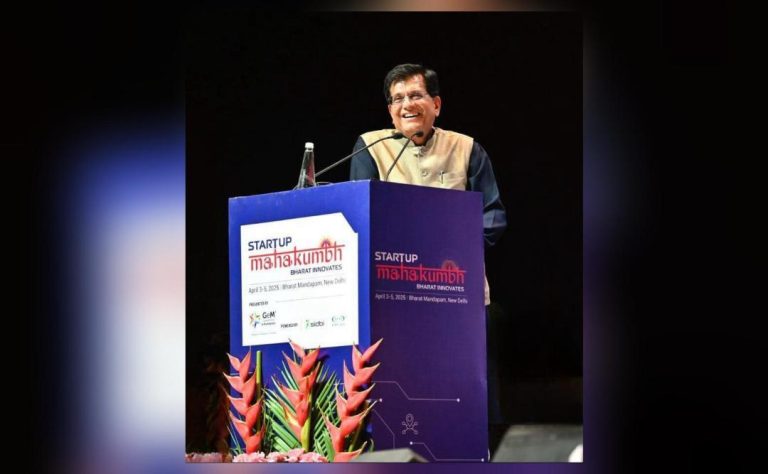
Swiggy Faces ₹158 Crore Tax Demand Over Cancellation Fees
In a recent development, food delivery giant Swiggy has been slapped with a whopping ₹158 crore tax demand by the Income Tax (I-T) Department for the financial year 2021-22. The demand is reportedly related to alleged violations of tax provisions regarding cancellation charges paid to merchants. The Bengaluru-based company has announced its intention to appeal against the demand, claiming that it stems from a misunderstanding of tax provisions.
According to reports, the tax authority has accused Swiggy of not deducting and depositing the applicable taxes on the cancellation charges paid to merchants. The I-T Department has alleged that Swiggy’s failure to comply with tax laws has resulted in a significant shortfall in revenue for the government.
Swiggy has maintained that it has followed all applicable tax laws and regulations, and that the demand is based on a misunderstanding of the tax provisions. The company has announced its intention to appeal against the demand, citing the need to clarify the tax provisions and ensure that the demand is fair and reasonable.
This development has significant implications for the digital economy, as it sets a precedent for how cancellation fees are taxed. Experts suggest that the case may lead to a re-examination of the tax treatment of cancellation fees in the digital economy, and may have far-reaching consequences for companies that operate in this space.
Cancellation fees have become a common practice in the digital economy, particularly in the e-commerce and food delivery sectors. These fees are typically charged to customers when they cancel their orders or fail to show up for scheduled deliveries. The fees are usually paid to merchants as a way of compensating them for the loss of revenue.
However, the tax authorities have been cracking down on companies that fail to deduct and deposit the applicable taxes on these fees. The Swiggy case is just the latest in a series of high-profile tax disputes involving companies that operate in the digital economy.
The Swiggy case has implications not just for the food delivery sector, but for the broader digital economy. As more and more companies move online, the need for clarity on tax provisions becomes increasingly important. The case may lead to a re-examination of the tax treatment of cancellation fees, and may have far-reaching consequences for companies that operate in this space.
Experts suggest that the case may lead to a more nuanced understanding of the tax treatment of cancellation fees. “The Swiggy case highlights the need for clarity on tax provisions in the digital economy,” said tax expert, Rohan Shah. “Cancellation fees are a common practice in the digital economy, and it’s essential that companies understand their tax obligations in this regard.”
Shah added that the case may lead to a more nuanced understanding of the tax treatment of cancellation fees. “The tax authorities need to consider the specific circumstances of each case, and apply the tax laws in a way that is fair and reasonable,” he said.
The Swiggy case is also significant because it highlights the need for companies to stay up-to-date with changing tax laws and regulations. The digital economy is constantly evolving, and companies need to be aware of the latest tax developments to avoid falling foul of the law.
In conclusion, the Swiggy case is a significant development in the digital economy, with far-reaching implications for companies that operate in this space. The case highlights the need for clarity on tax provisions, and may lead to a re-examination of the tax treatment of cancellation fees. As the digital economy continues to evolve, it’s essential that companies stay up-to-date with the latest tax developments to avoid falling foul of the law.
Source: https://ascendants.in/industry_events/swiggy-rs-158-crore-tax-demand/





